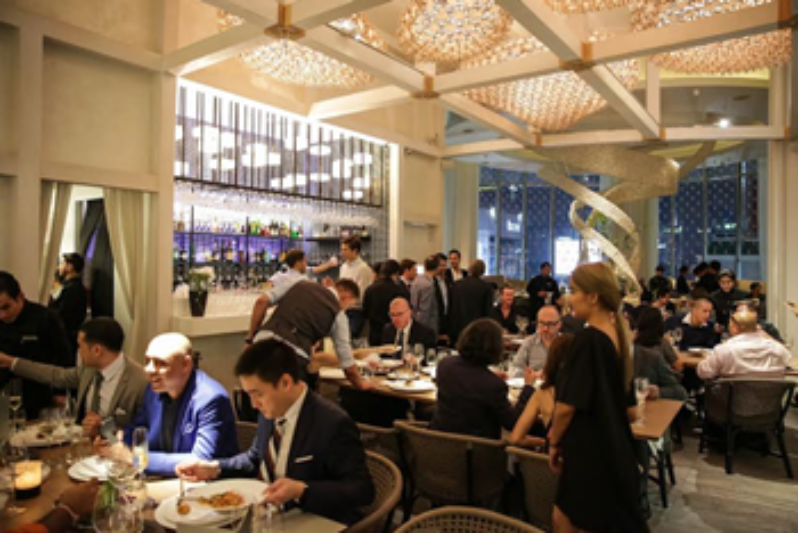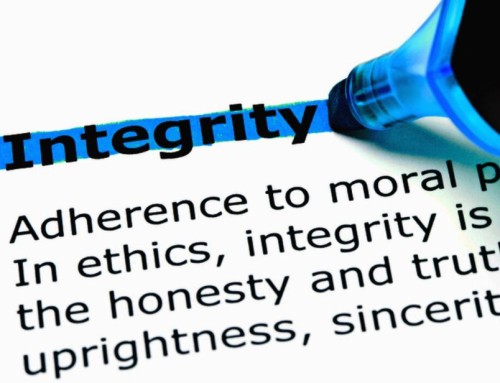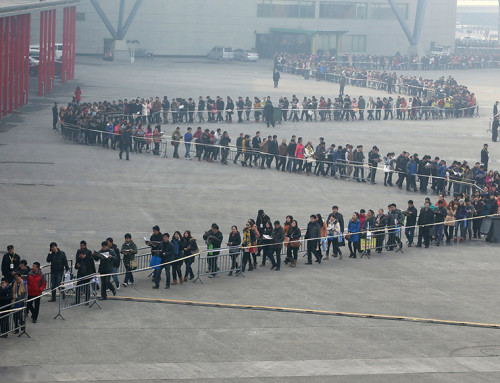Here is a sample of standard interview questions that candidates typically have a scripted response for:
- Tell me about a time you encountered a problem and how you overcame it?
- What is you biggest weakness?
- Why did you leave your last job?
- Walk me through your resume?
- Tell me a little about yourself?
- What do you know about us?
- What is it about this opportunity that interests you?
- Why are you looking?
- What are you expectations in terms of salary?
- What questions do you have for me?
If these are questions that you commonly ask during your interview process, it’s time to stop as you are not going to learn anything about your prospective candidate. At Bangkok Executive Search, we often take people out for lunch to interview them and we specifically go to a nearby restaurant so that we can take a casual walk which causes candidates to “loosen up”. The standard office interview where a candidate sits across the desk from a hiring manager is far too predictable and the out-of-office interview is far more conversational. Also, you take a candidate out of their professional mindset when you have the interview in a place where people go to relax and enjoy a meal. It’s also amazing what you can learn during a lunch interview: Are they polished when eating? Do they order an expensive meal since someone else is paying the bill? How confident and easily do they make conversation (important for sales executives)? Are they polite?
On way a company can really enhance the success of a lunch interview is to understand the importance of mirroring. As an example, if the person conducting the interview is casual and open with answers, candidates will tend to do the same as they are “mirroring” the interviewer’s behavior. This effect is almost inevitable as a candidate will create a very awkward environment if they are serious and scripted and the interviewer is relaxed and casual. Additionally, candidates know that a company will not take everyone out for lunch that it interviews so they will not only respect the gesture and it will create a great impression.
It is important to recognize that the delivery of a question is often far more important that the question itself. For instance, if you have someone who is relaxed and charismatic who gets people to drop their “guard” taking candidates out for lunch interviews, that is far more effective than having the person who tends to be formal and far less personable taking people out for lunch. The person who is more casual can say (in a light manner), “Now really, no job is perfect, we all know that…what is missing from your current job that maybe we can help you with or make your life better…and don’t give me some scripted response”…and they will likely get a fairly candid response. In comparison, that question coming from someone who can’t build rapport with someone will not get anywhere.
However, in terms of questions, what should you ask them? Here are some examples:
- Share with them a real problem or challenge within the organization and how would they address it. If it’s a marketing or sales role, how would they pursue increased market share while referencing how that strategy attacks the weaknesses at the competition. Then ask what their strategy would be if they were at another competitor. In asking this question, you determine how invested they are in the opportunity (did they research the company and the industry) and how their mind works in specific scenarios.
- Everyone has a “biggest weakness”, so ask them what their second biggest weakness is as they likely don’t have a scripted answer to a “second weakness”.
- Maybe even invite a client to the lunch as it will likely enhance your partnership with them. The client can then share with them issues to determine who much knowledge or expertise the candidate has on the subject matter.
- Don’t ask them interview questions, develop work situations and ask them how to address it. This strategy develops an understanding of how they would do before they actually are offered a job.
- Have multiple people from various departments attend the lunch as this will be be a good opportunity to have several sources of feedback.






